The concept of mind uploading is a fascinating and thought-provoking idea that has been explored extensively in science fiction. However, recent advancements in neuroscience have made the possibility of mind uploading a reality. Mind uploading refers to the process of scanning and mapping an individual’s brain and then transferring that information to a digital substrate, such as a computer or a robotic body.
Definition of Mind Uploading
Mind uploading involves creating a digital copy of an individual’s brain, including their memories, personality traits, and characteristics. This copy can then be transferred onto a digital substrate, where it can continue to function as if it were the original biological brain.
The idea behind mind uploading is to achieve immortality by maintaining one’s consciousness even after physical death. Additionally, it allows for the preservation of knowledge and experiences that would otherwise be lost.
Brief History and Development of the Concept
The concept of mind uploading has been around for quite some time but was initially considered science fiction until recent advancements in technology made it possible. The concept was first explored in 1956 by John C. Lilly, who suggested that human experience could be translated into digital code that could potentially survive beyond death.
Since then, significant progress has been made in neuroscience research that has enabled scientists to understand how the human brain works better. Research on neural networks has also allowed scientists to develop algorithms capable of mimicking how neurons communicate with each other.
Importance of Mind Uploading in the Quest for Human Consciousness and Immortality
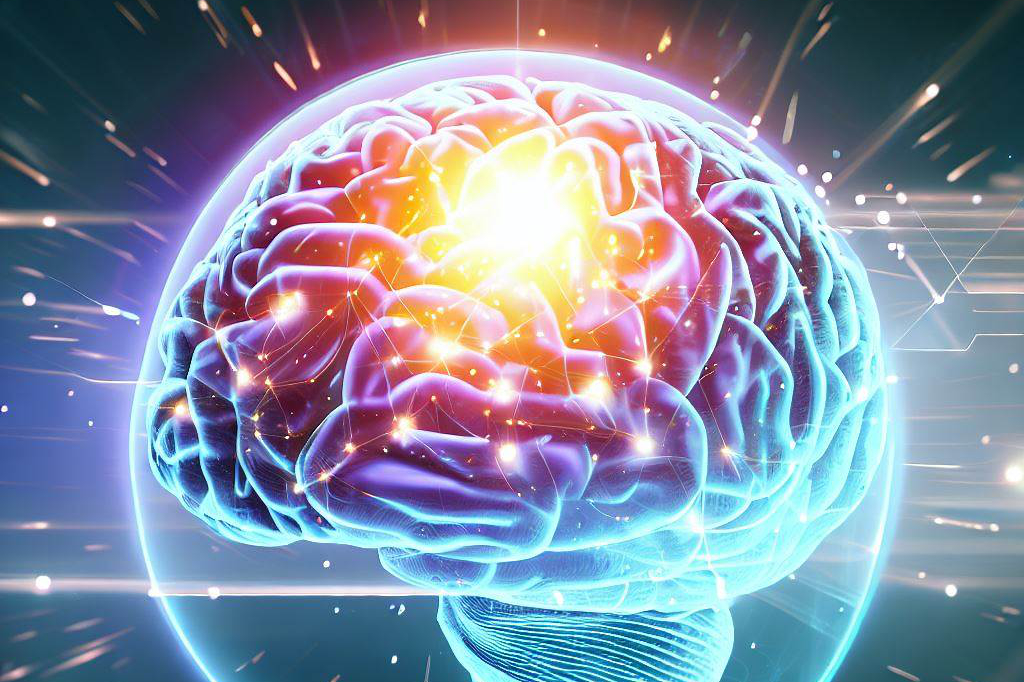
The quest for immortality has been one humanity has pursued since ancient times; however, mind uploading offers an entirely new avenue towards this goal by preserving consciousness beyond death. It also offers an opportunity for individuals suffering from degenerative brain diseases such as Alzheimer’s to preserve their minds even after the physical brain has deteriorated.
Furthermore, mind uploading also allows for a unique opportunity to study and understand human consciousness better. It could potentially lead to a deeper understanding of the human mind, which is currently one of the most significant mysteries in science.
Mind uploading has tremendous potential for transforming how we understand and interact with our consciousness. Although it presents many ethical challenges and technical limitations that must be overcome, it represents an exciting new frontier for humanity to explore.
The Science behind Mind Uploading
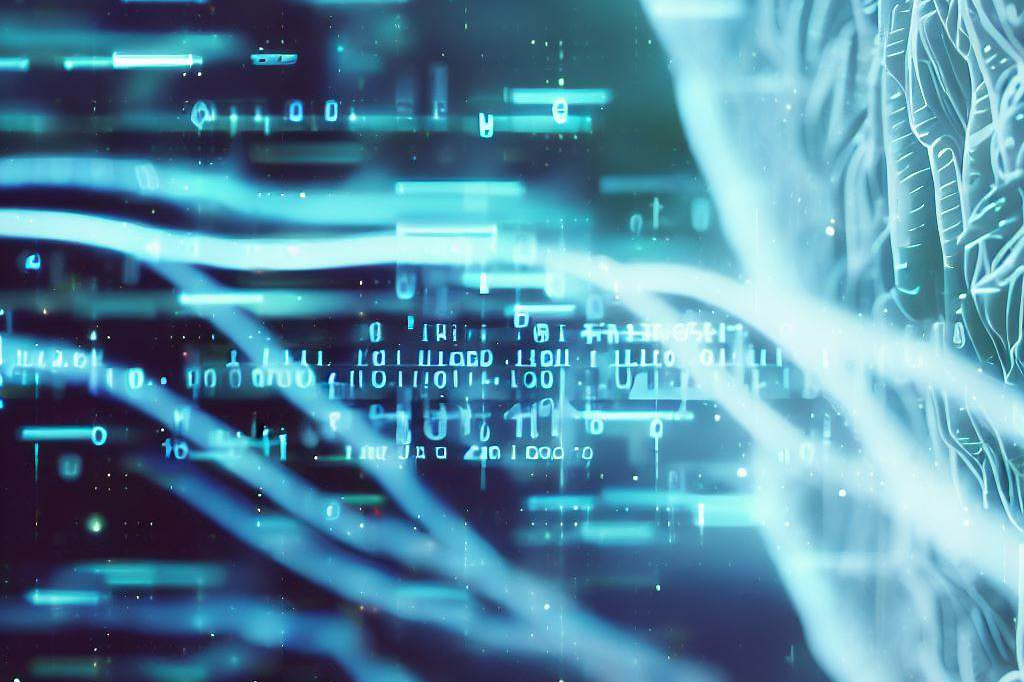
Explanation of the Human Brain and Its Functions
The human brain is one of the most complex and sophisticated organs in the human body. It is composed of 86 billion neurons that communicate with each other through trillions of synapses.
The brain is responsible for
- processing sensory information,
- controlling voluntary and involuntary movements,
- regulating bodily functions,
- and governing emotions, thoughts, and behaviors.
The brain can be divided into different regions that have specialized functions.
For example, the frontal lobe is responsible for decision-making, planning, and personality expression while the temporal lobe is involved in memory formation and recognition. These regions are interconnected through a complex network of neural pathways that allow information to be transmitted across different areas.
How Mind Uploading Works: Scanning, Mapping, and Digitizing the Brain
Mind uploading involves creating a digital copy of an individual’s consciousness by scanning their brain to create a complete map of its structure and function. This process requires advanced neuroimaging techniques such as magnetic resonance imaging (MRI) or positron emission tomography (PET) to generate high-resolution images of the brain.
Once the brain has been scanned, the data is processed using computer algorithms that identify individual neurons and their connections to other neurons. This information is then used to create a virtual model or simulation of the entire brain in digital form.
The final step in mind uploading involves transferring this digital copy to a computer or other device capable of processing vast amounts of data. The result is a conscious digital entity that can interact with its environment through virtual reality simulations or even control physical bodies through advanced robotics technology.
Advancements in Neuroscience That Have Made Mind Uploading Possible
Mind uploading would not be possible without significant advancements in neuroscience over recent decades. These include breakthroughs in neuroimaging technology as well as greater understanding of how the brain functions and processes information.
One key development has been the creation of connectomic maps, which show the complex network of neural connections in the brain at an unprecedented level of detail. This has allowed researchers to identify specific neuronal circuits and understand their function in greater detail.
Another important area of research has been the development of artificial intelligence (AI) algorithms that are capable of processing vast amounts of data quickly and accurately. These algorithms are essential for creating digital models that accurately reflect the structure and function of the human brain.
Overall, these advancements have pushed mind uploading from science fiction to a potential reality in the near future. However, significant technical and ethical challenges still must be addressed before mind uploading becomes widely available.
Benefits of Mind Uploading
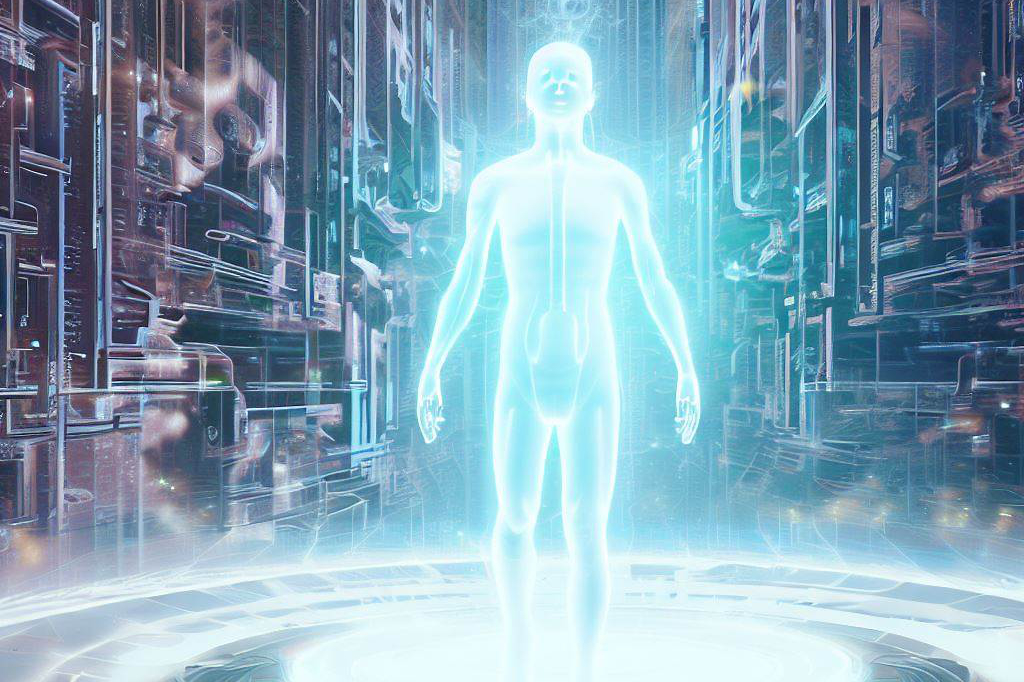
Achieving Immortality through Digital Consciousness
One of the most significant benefits of mind uploading is achieving immortality. By creating a digital copy of our consciousness, we can transfer ourselves into a computer or robotic body. This could potentially allow us to live forever, as long as the digital copy remains intact and functional.
The concept of living forever has fascinated humans for centuries, and with mind uploading, it may finally become a reality. This technology could allow us to cheat death by preserving our minds and transferring them to new bodies or virtual realities after our physical bodies cease to function.
While this may seem like science fiction, some experts believe that it is achievable in the near future. Scientists are already making significant strides in neuroscience and artificial intelligence, which could make mind uploading a reality within our lifetimes.
Preservation of Memories, Knowledge, and Experiences
Another benefit of mind uploading is the preservation of memories, knowledge, and experiences. As we age or suffer from neurological disorders such as Alzheimer’s disease, we may lose access to these important aspects of our lives.
By creating a digital copy of our minds through mind uploading, we can preserve these memories and experiences forever. This would not only benefit individuals but also society as a whole by preserving valuable knowledge for future generations.
Additionally, this technology could be used for educational purposes by allowing individuals to access the knowledge and experiences of others who have uploaded their minds. This could revolutionize education by providing unparalleled opportunities for learning from experts in various fields.
Ability to Transfer Consciousness to Different Bodies or Even Virtual Realities
One final benefit of mind uploading is the ability to transfer consciousness to different bodies or even virtual realities. With this technology, people could potentially switch between physical bodies or even transfer their minds into entirely different environments, such as virtual realities. This could have significant implications for space travel, as astronauts could upload their minds and transfer themselves between different bodies or robotic vessels.
Additionally, it could allow individuals to experience things that would otherwise be impossible in the physical world, such as exploring distant planets or experiencing life as a different species. However, this benefit also raises ethical concerns about the definition of personal identity and autonomy.
If we can transfer our consciousness between bodies or environments, what does that mean for our sense of self? These are important questions that must be addressed as mind-uploading technology continues to develop.
Ethical Considerations
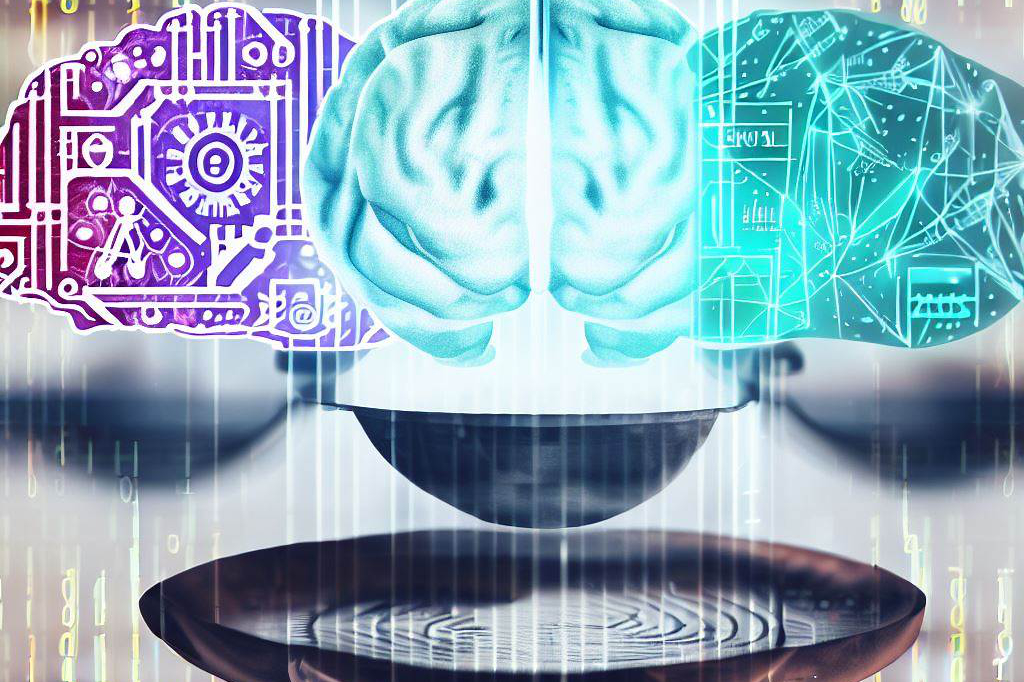
Implications on Individual Identity and Autonomy
One of the most significant ethical concerns surrounding mind uploading is its potential impact on individual identity and autonomy. Advocates of mind uploading argue that it offers the possibility of achieving immortality, preserving memories, and transferring consciousness to different bodies or even virtual realities. However, critics argue that uploading one’s consciousness into a digital form would result in the loss of personal identity, as the digital copy would not be the same as the original person.
Moreover, mind uploading raises questions about personal autonomy.
If an individual’s consciousness can be transferred into digital form, who has control over it?
Can someone else access or manipulate their memories or experiences without their consent?
These are complex issues that require further exploration and discussion.
Potential for Abuse by Governments or Corporations
Another significant concern about mind uploading is its potential for abuse by governments or corporations. If individuals’ consciousness can be digitized and manipulated, there is a risk that this technology could be used for nefarious purposes. Governments could potentially use it to control citizens’ thoughts or monitor their behavior, while corporations could use it to sell targeted advertisements or manipulate consumer preferences.
There are also concerns about data privacy with mind-uploading technology.
If an individual’s consciousness is stored in digital form, who has access to this information?
Could it be hacked or stolen?
These are critical issues that must be addressed before mind uploading can become widespread.
Moral Implications on Creation of Digital Beings
The creation of digital beings raises significant moral implications. Some philosophers argue that if an uploaded consciousness can truly achieve self-awareness and experience emotions and sensations like humans do, then they should have rights and protections similar to those afforded to biological beings. This raises questions about what constitutes “life” and “consciousness” and what rights should be granted to digital beings.
Should they be treated as property, or do they have intrinsic value and autonomy?
These are complex ethical considerations that require further exploration and discussion before mind uploading can become a reality.
Challenges and Limitations
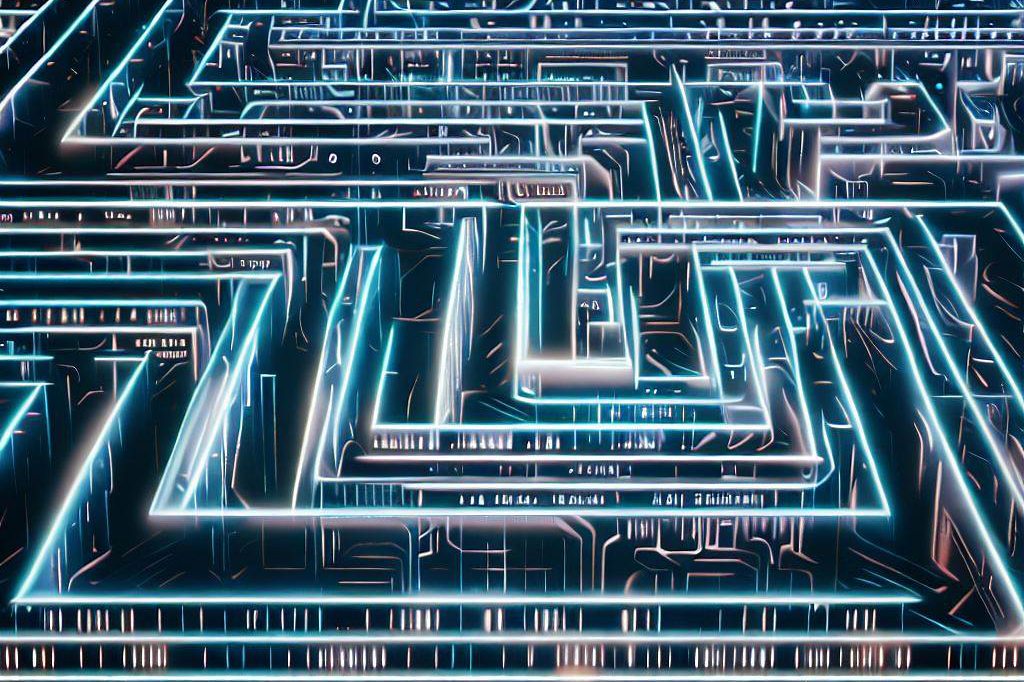
Technical limitations in scanning and mapping the brain accurately
Mind uploading is a complex procedure that involves scanning and mapping the human brain to create a digital copy of its contents, including memories, thoughts, personality traits, and consciousness. However, the accuracy of brain scanning technology is still limited. The current methods used for scanning the brain are not precise enough to capture all of its neural activity.
This makes it difficult to create a truly accurate digital replica of a person’s mind. Another challenge is understanding how the brain works in terms of neural connections and communication between neurons.
While scientists have made significant progress in understanding some aspects of the brain’s functioning, there are still many mysteries that remain unsolved. For example, we do not fully understand how memories are stored in the brain or how consciousness arises from neural activity.
Cost and accessibility issues for widespread use
Another major challenge facing mind-uploading technology is its cost and accessibility. The process of scanning and mapping an entire human brain would be incredibly expensive using current technology, which limits its availability to only the wealthiest individuals or institutions. Given that this technology could potentially provide immortality or at least life extension for those who can afford it, this raises concerns about inequality.
Furthermore, even if cost was not an issue, access to this technology would likely be limited by other factors such as regulatory barriers or societal norms. For example, many people may find the idea of creating digital copies of themselves morally objectionable or at least dubious due to concerns over privacy or identity theft.
Philosophical debates on whether a digital copy can truly be considered “conscious”
Perhaps one of the most contentious debates surrounding mind uploading is whether a digital copy can truly be considered “conscious.” Some argue that consciousness arises from physical processes within the human body and cannot exist outside it; therefore, a digital copy of a person’s mind would merely be a simulation, not the real thing. Others argue that consciousness is an emergent property of complex systems and could potentially exist in other forms, such as digital ones.
This debate has significant implications for the moral and ethical considerations surrounding mind uploading. For example, if digital copies were considered conscious entities with rights and autonomy, it would raise questions about their treatment and use by humans.
If they were not considered conscious entities, it could open the door to their use as mere tools or machines for human purposes. Overall, while mind-uploading technology has great potential for revolutionizing our understanding of human consciousness and providing potential immortality or life extension options, it also faces significant challenges and limitations in terms of technical feasibility, cost and accessibility issues, and philosophical debates over its implications for human identity and autonomy.
Current Developments in Mind Uploading Research
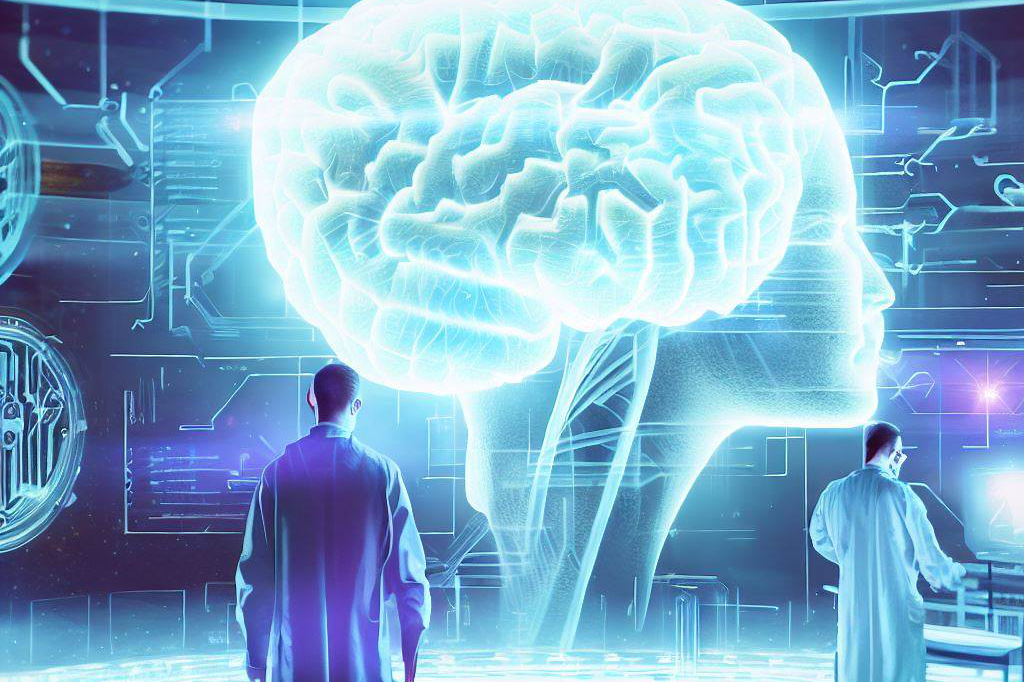
Overview of current research projects around the world
Scientists all over the world are currently engaged in research to develop mind-uploading technologies. One of the leading researchers in this field is Randal Koene, who founded the Carbon Copies Foundation, a non-profit organization dedicated to advancing mind-uploading technology.
The foundation has brought together a diverse team of scientists and entrepreneurs from around the world to work on developing methods for digitizing human consciousness. Another cutting-edge project is being led by Dr. Theodore W. Berger at the University of Southern California, who is using implanted electrodes to create artificial memories in rats.
Berger’s team is working to translate this technology to humans, with the ultimate goal of creating a prosthetic device that can replace damaged or lost brain tissue.
Other notable research projects include the Blue Brain Project at EPFL in Switzerland, which aims to recreate a virtual brain by mapping all the neurons and synapses, and the Brain Preservation Foundation, which focuses on developing technologies for preserving brains after death.
Potential breakthroughs that could revolutionize the field
While mind-uploading technology is still far from being perfected, there are several potential breakthroughs on the horizon that could greatly accelerate progress in this field. One such development is advancements in nanotechnology, which could allow for more precise scanning and mapping of brain tissue at a cellular level.
Another promising area of research is optogenetics, a technique that uses genetically engineered cells to respond to light and control nerve activity. This technology could potentially be used to restore function to damaged or diseased brains.
Advancements in machine learning and artificial intelligence (AI) are making it possible for scientists to analyze large amounts of brain data more quickly and accurately than ever before. This could lead to new insights into how consciousness arises in the brain and speed up progress towards building more sophisticated digital copies.
The Future of Human Consciousness and Immortality with Mind Uploading
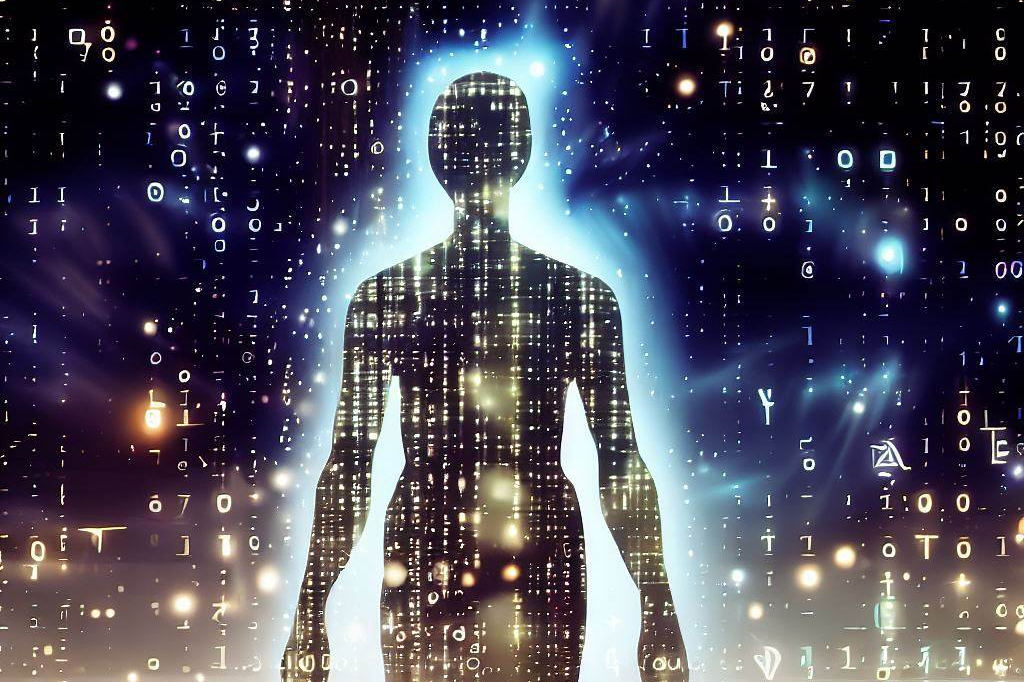
Revolutionizing Humanity
The concept of mind-uploading is still in its infancy, but the potential to revolutionize humanity is staggering. By creating digital copies of our minds, we could potentially achieve immortality and preserve our knowledge and experiences for future generations to come. Imagine being able to transfer your consciousness into virtual reality, exploring new worlds, and living without the constraints of time or physical limitations.
Furthermore, mind uploading could have profound implications on medical science. Those suffering from degenerative diseases or injuries that damage the brain could potentially have their consciousness uploaded before their physical body perishes.
This would offer a chance at continued life for those who would otherwise perish prematurely. Additionally, researchers could study diseases and disorders more easily by simulating them via a digital copy of the brain.
Mind Uploading as a Tool for Progress
The ability to transfer our consciousness to different bodies or even virtual realities through mind uploading could also lead to new forms of exploration and progress. Digital beings could potentially exist in environments that are hazardous or impossible for human beings to survive in.
They can explore outer space or deep-sea trenches without putting human lives at risk. Mind uploading could also help bridge gaps between cultures by allowing individuals from all over the world to communicate seamlessly through digital means that transcend language barriers and cultural differences.
Final Thoughts: The Promise of Mind Uploading
Mind uploading offers immense promise as a tool for achieving human consciousness, immortality, medical advancements, exploration progress, and communication without barriers, among other countless possibilities yet unimagined.
While there are still technical limitations that need resolving before widespread use can be achieved at an affordable cost with universal access, current research progress is breaking down these barriers one step at a time.
However we choose to view it, the future of mind uploading and digital consciousness is a fascinating and exciting frontier that offers profound implications for humanity’s future.

C M, a seasoned editor, journalist, and consultant, is deeply fascinated by the convergence of technology, space, and the future of humanity.
With a particular interest in transhumanism, futurology, and the philosophical and ethical dimensions of these domains, C M serves as the lead contributor to TranscendSphere and SpaceSpotlight.
When not penning insightful articles on these rapidly evolving fields, C M indulges in their love for podcasts and books, proudly embracing their status as a ‘Happy Nerd Extraordinaire!’





